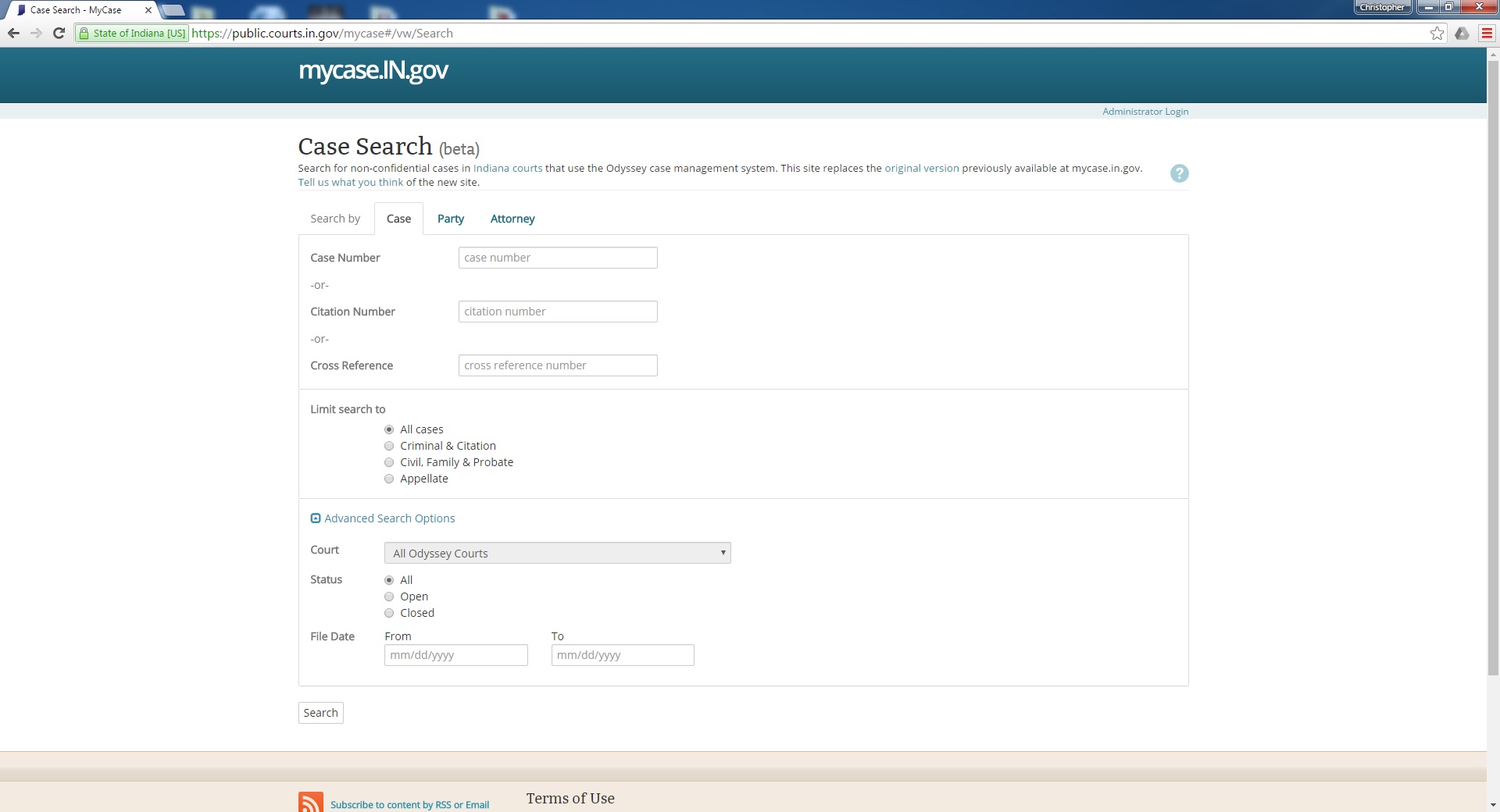In a surprising reversal, the Indiana Court of Appeals overturned a decision of the Porter Superior Court denying a Motion to Suppress filed by Porter County Criminal Defense Lawyer Michael Campbell. In Marshall v. State of Indiana, 64A05-1710-CR-2368, the Court of Appeals reversed the trial court’s denial of Attorney Campbell’s Motion to Suppress Evidence based on an improper traffic stop.
In the early morning on October 29, 2016, a Reserve Officer with the Hebron Police Department initiated a traffic stop of the Defendant’s vehicle based on the Officer’s observation that the Defendant “was going over the posted speed limit.” The Officer did not issue a citation for speeding, but instead decided to pursue an investigation for Operating a Vehicle While Intoxicated (“OWI“). The Defendant was eventually charged with Class A Misdemeanor Operating a Vehicle While Intoxicated, Endangering a Person and Class C Misdemeanor Operating a Vehicle With an Alcohol Concentration Equivalent to .08 But Less Than .15.
In the Porter Superior Court on August 4, 2017, Porter County Criminal Defense Lawyer Michael Campbell filed a Motion to Suppress, alleging the traffic stop was unlawful. The trial court denied Attorney Campbell’s motion on August 8, 2017. On August 9, 2017, Porter County Criminal Defense Lawyer Michael Campbell filed a Renewed Motion to Suppress, again alleging the traffic stop was unlawful, and requested a hearing on the motion. The trial court granted Attorney Campbell’s request for a hearing and held a hearing on Marshall’s renewed motion to suppress on August 17, 2017. The trial court ultimately denied Attorney Campbell’s renewed motion to suppress on August 18, 2017, and certified the Order for interlocutory appeal.
For the first time in Indiana history, Porter County Criminal Defense Lawyer Michael Campbell argued before the Indiana Court of Appeals that an officer’s testimony of his “visual speed estimate” was insufficient to establish reasonable suspicion to believe a defendant was exceeding the speed limit.
In its Order denying Attorney Campbell’s renewed motion for summary judgment, the trial court concluded that “an officer’s testimony of speeding, without radar, pacing or some number, when based upon his or her expertise and ability to draw conclusions about the excessive speed of the vehicle, in general terms, is sufficient to establish a reasonable suspicion of a traffic infraction justifying a stop.” In support of its conclusion, the trial court cited four cases from other jurisdictions. The Indiana Court of Appeals found this neither controlling nor persuasive.
In this case, the Officer was using a radar, but he could not testify at hearing or at deposition what speed the Defendant was actually traveling and what the radar showed as Defendant’s speed. During a pre-trial deposition, the Officer could not recall the posted speed limit at the location of the traffic stop, but he claimed he knew at the time of the stop what the speed limit was in the area, but testified he “thought maybe it was forty miles an hour[.]” Later at the suppression hearing, the Officer indicated he had visited the location of the stop prior to the hearing and that the speed limit was fifty miles per hour. The Officer testified he did not pace the vehicle, did not write down the speed at which he observed the vehicle traveling prior to the traffic stop, and did not observe the Defendant commit any other traffic infractions.
The Indiana Court of Appeals reasoned that because the Officer could not testify regarding the speed of the vehicle in more specific terms, he did not have specific articulable facts to support his initiation of a traffic stop, and therefore the traffic stop violated the Defendant’s Fourth Amendment rights. The case has been remanded back to the trial court to determine what, if any, charges can be substantiated absent the now suppressed evidence gathered after the traffic stop was initiated. The State of Indiana is expected to dismiss the case based upon a lack of evidence due to the evidence that was suppressed by the Opinion, but as of the time of this article, no motions have yet been filed by the State.
If you have been charged with Operating While Intoxicated in Indiana or you feel your rights have been violated, Porter County Criminal Defense Lawyer Michael Campbell will fight to preserve your innocence! CALL TODAY FOR A FREE CONSULTATION. (219) 841-5683.



